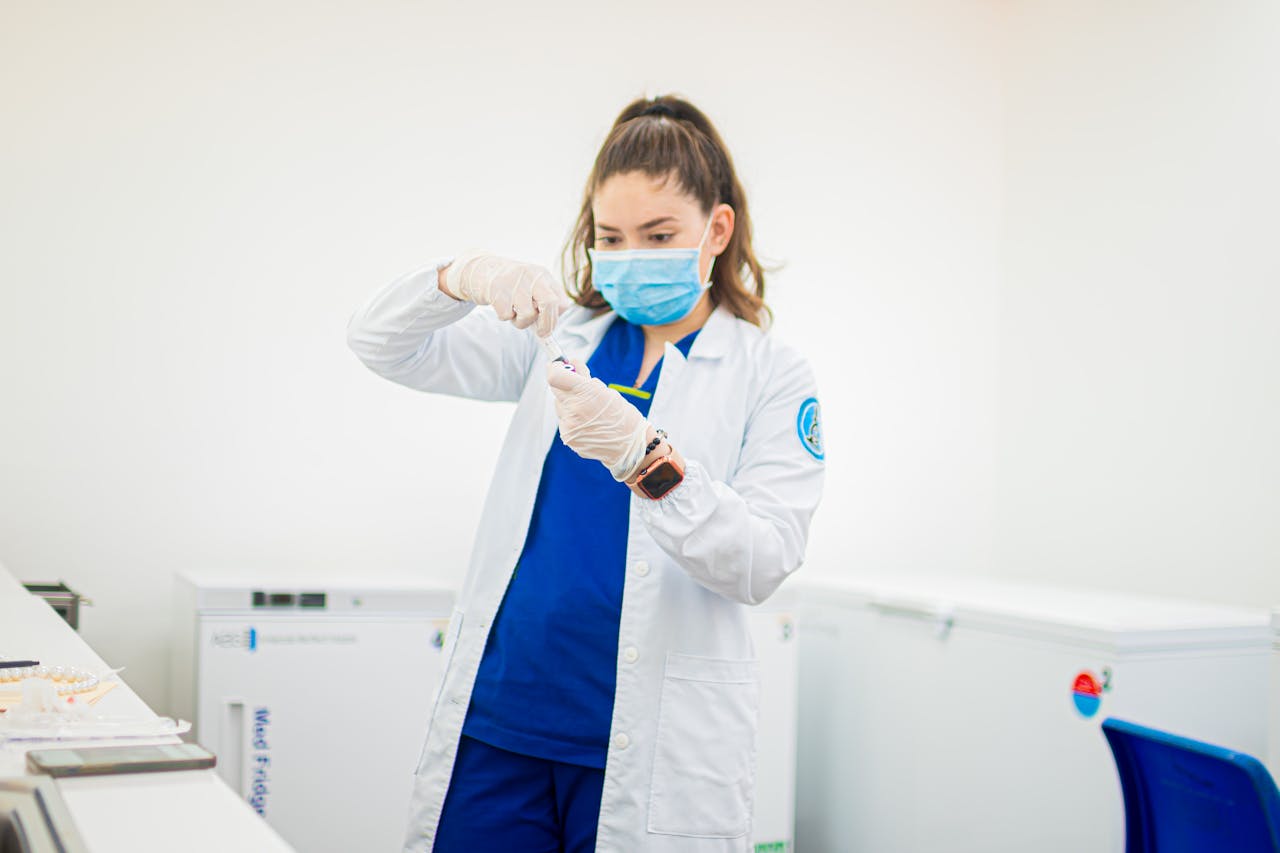OSHCstudents – If you’re planning to visit a specialist, see all things you need to know about a specialist to best prepare for your appointment.

A medical specialist is a doctor who has completed advanced education and training in a specific area of medicine, such as gynaecology, cardiology or orthopaedic surgery. In fact, there’s specialists for almost all areas of medicine.
How do I see a specialist?
As a public patient, if you need to visit a specialist, you’d usually be referred by your GP to a public clinic, and be assigned a specialist.
If you’re choosing to be a private patient, you’ll generally get a referral from your GP (or local doctor). This referral letter doesn’t need to be made out to a particular specialist, however it does need to be dated, signed and include any relevant information to qualify for a Medicare rebate.
What to consider when choosing a specialist?
- Who your GP recommends
- Experience they may have with your treatment or condition/s, along with outcomes they’ve achieved for their patients
- What hospitals they practice at
- Any recommendations from friends or family who may have needed a similar treatment
- Any costs that they may charge
- Whether they will participate in any medical gap schemes your insurer may have in place?
Prepare for your specialist appointment
Prepare for your specialist appointment by making a list of what you want to discuss, including your symptoms and how long you’ve had them, any medication you’re taking (including vitamins and herbal supplements) and any recent medical appointments or treatments. It’s a good idea to find out as much as you can about your family history, too.
Some questions you may want to ask include:
- What is your diagnosis?
- What treatment do they recommend?
- How effective is the recommended treatment?
- Are there any side effects?
- What experience do they have with the treatment, and what outcomes have they delivered when providing the treatment?
- What sort of care will you need at home afterward?
- What fees will they charge?
Things to take to your appointment:
- Your GP referral letter
- Any test results and/or scans
- Your Medicare card
- Any concession cards
- Your private health insurance card (if you have one)
Can I get a second opinion?
If you decide (for whatever reason) that you’d prefer not to use the specialist you’ve been referred to, or you’re just not sure, you’re entitled to seek a second opinion from another specialist.
If you do want a second opinion, you will need another GP referral for a different specialist. Make sure you speak to your GP about your reasons why you’d like a second opinion, so they can help find the right specialist for you.
You are international students or foreigners arrive to Australia, or Australian citizens traveling abroad who are looking for OSHC, OVHC, travel insurance, please contact OSHCstudents Team at email: info@oshcstudents.com and our partners for further information and assistance.
OSHCstudents (source: Bupa)














